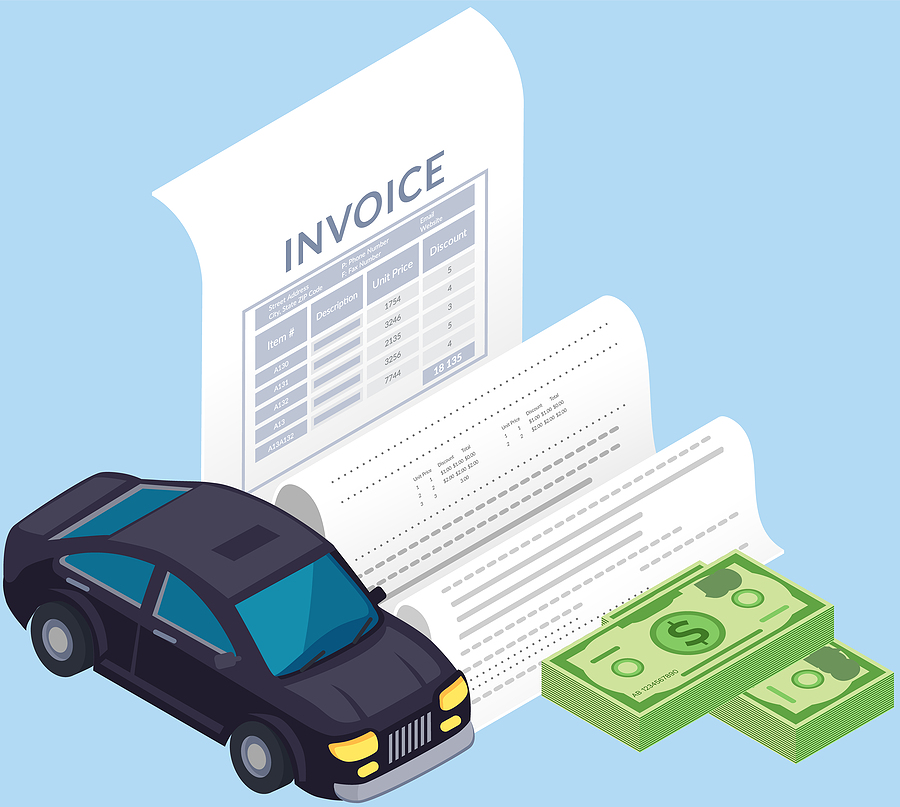Everyone wants to save money, and car maintenance is no exception. Keeping up with factory scheduled car maintenance can help extend the life of your vehicle, but it doesn’t have to break the bank. Here are 10 tips for saving money on factory scheduled car maintenance that will keep your vehicle running smoothly without breaking the bank. From finding an affordable mechanic to buying quality parts and supplies, these tips will help you get the most out of your car care budget. So, read on and start saving today!

How to Stay Cost-Savvy with Your Car Maintenance Schedule
Owning a car can be expensive! The good news is that there are ways to reduce your car maintenance expenses. Savvy drivers know that creating a plan for vehicle upkeep and proactive choices like finding good deals on auto parts and oil changes can add up to big savings in the long run. Taking preventative measures, such as replacing worn tires or keeping up with regular check-ups, might seem daunting at first, but these important steps will prevent more costly repairs down the road and less money leaving your wallet.
Here are some money-saving tips that can help:
1. Get Informed: Educate yourself about the recommended factory scheduled maintenance for your car make and model. Knowing when services are due can help you save money by scheduling them together, and understanding what services are being performed will allow you to budget better.
2. Look for Discounts: Many auto shops offer seasonal or loyalty-based discounts that can help you save on factory scheduled maintenance. Ask around to see if any good deals are available in your area or online before settling on a price.
3. Buy Quality Parts: Although it may be tempting to buy cheaper parts in order to save money, buying quality parts is essential for proper vehicle maintenance. Low-quality parts may end up costing more in the long run due to having to be replaced more often.
4. Do Your Own Research: Take the time to research which auto shops offer the best prices for factory scheduled maintenance services in your area and read customer reviews so you know what kind of service to expect.
5. Compare Prices: Don’t settle for the first quote you get – use comparison shopping tools like Consumer Reports or Angie’s List to compare different auto shops’ pricing and services so that you can make an informed decision about where to take your car for factory scheduled maintenance.
6. Ask for Help: If you don’t feel confident doing a task yourself, ask a friend or family member who is knowledgeable about cars if they can help. This is a great way to save money on labor costs while still ensuring that the job gets done right.
7. Use Coupons: Many auto shops offer online coupons and discounts that you can use to get discounts on factory scheduled maintenance services. Sign up for newsletters and check coupon sites regularly so that you’re always aware of any deals available in your area.
8. Keep Track of Receipts: Make sure to keep all receipts related to car care, as this will make it easier for you to budget for future services and repairs. You may also be able to write off certain expenses at tax time if they are car-related, so it pays to be organized!
9. Ask About Warranties: Many auto shops offer warranties on certain services, so make sure to ask about them. It is also important to read the fine print and understand what the warranty covers before agreeing to it.
10. Shop Around for Car Insurance: Car insurance plays an important role in protecting your vehicle, so shop around for the best deal possible. The money you save on car insurance could be used towards factory scheduled maintenance costs, which will help keep your car running smoothly at a fraction of the cost!
Stick to Your Car Care Budget With These Tips
Following these 10 tips can help you save money on factory scheduled car maintenance without compromising quality or safety. Taking care of your vehicle doesn’t have to break the bank – with a little research and preparation, you can find ways to get the most out of your car care budget.
Ready to appoint a trusted Indianapolis mechanic for your car care needs? Book your scheduled automotive service today! Contact Northeast Auto Service at 317-475-1846 for ASE licensed and trained factory scheduled maintenance and car inspections in Indianapolis, Indiana. We work on all make and model vehicles!
Related Posts:
How to Make Your Car Last Longer For Cheaper
Northeast Auto Service Guarantees the Lowest Auto Repair Prices in Indy
Where to Get Free Coupons for Auto Repair and Service in Indianapolis
